Hanoi welcomes Uncle Ho for the first time
Hanoi uprising to seize power was successful, the brain center of the revolution urgently moved from Tan Trao to Hanoi to establish a provisional government before the Allies entered to disarm the Japanese army in Indochina, according to the Potsdam Agreement. This was very important to the fate of the country and to maintain the achievements of many years of struggle for independence and freedom. On the morning of August 22, 1945, although still very tired after a serious illness, President Ho Chi Minh still decided to leave Tan Trao to return to Hanoi. From Tuyen Quang, the delegation walked through 18km of dangerous forest roads, crossed streams, slopes, and rivers; due to the after-effects of the illness, at times Uncle had to lie on a stretcher. At noon, the delegation arrived at Thai Nguyen town. At this time, Mr. Tran Dang Ninh sent a car to pick up the delegation.
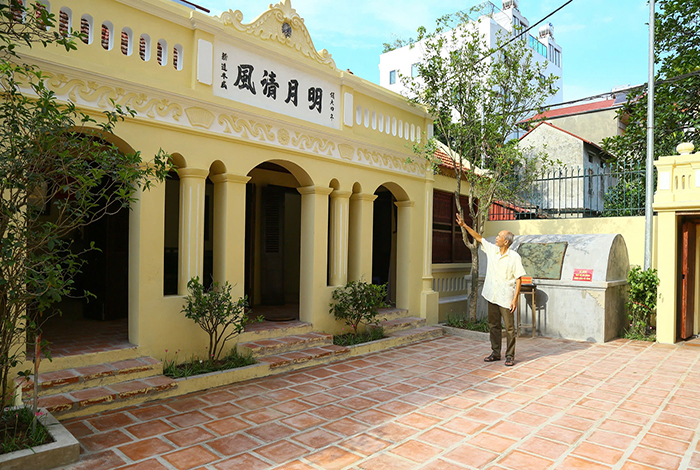
After a night's rest in Thai Nguyen , on the morning of August 23, 1945, Mr. Tran Dang Ninh arranged two bodyguards to accompany President Ho on a car rolling towards Hanoi. On the afternoon of August 23, 1945, when the afternoon sun was setting on the Red River, from the Su ferry, a group of more than ten people walked across the dike to Phu Gia village (the common name is Ga village, now in Phu Thuong ward, Hanoi) and stopped at the three-room house of Mrs. Nguyen Thi An's family. In the group was an old man with a thin figure, a high forehead and very bright eyes, who was always respected by everyone. At that time, few people knew that he was President Ho Chi Minh - revolutionary Nguyen Ai Quoc, the beloved leader of the nation. This was the first time he set foot in Thang Long - Hanoi, a thousand years old, after 30 years of wandering to find a way to save the country and nearly 5 years of returning to Pac Bo to directly lead the Vietnamese revolution.
This three-room, two-wing golden house was the first place Uncle Ho stayed when he returned to Hanoi (from the afternoon of August 23 to August 25, 1945) and spent time working and listening to reports from comrade Truong Chinh - General Secretary of the Party, and comrades Vo Nguyen Giap, Tran Dang Ninh, Nguyen Luong Bang... on the results of the General Uprising in the whole country. Phu Gia was chosen as Uncle Ho's stop because this place was a solid revolutionary base, tested many times during the period of 1941-1945; the people wholeheartedly followed the revolution, and once safely sheltered the Party's revolutionary predecessors. Phu Gia used to be the place where the Liberation Flag Newspaper was printed, and the liaison station with the bases of the Regional Party Committee and Provincial Party Committee. During the difficult years, the people of Phu Gia enthusiastically carried ferries, ensuring the absolute safety of many Party cadres whenever they worked between the two sides of the Red River...
As for the house of Mrs. Nguyen Thi An, this place was a reliable revolutionary base because both Mrs. An and her son Cong Ngoc Kha (alias Tran Loc) participated in the revolution. The house was built in 1929, located in a convenient location nearly 100m from the Red River dike, with a path from the dike to the gate, through the yard there was a path to another house in the village, the house was large enough for about 10 people to work and rest together.
Unfading memories of "senior comrade"
After 80 years of history, Hanoi has changed a lot. The old houses and small alleys of the countryside are now only memories. However, at address 6, lane 319 An Duong Vuong, Phu Thuong ward (old Tay Ho district), the house of Mrs. Nguyen Thi An is still intact. Through the small gate is a red brick courtyard. In front of the house are four Chinese characters "Minh nguyet thanh phong" (clear moon, cool wind), on both sides are the words "Tu nien Bao Dai - Ton tao dong thanh" (house built in the fourth year of King Bao Dai's reign, inaugurated in winter), each side of the roof has 10 open spaces, symbolizing the wish for the family to always be "ten out of ten".
Visiting Phu Gia on a summer day in mid-August 2025, when the whole country was looking forward to the 80th anniversary of the August Revolution and National Day September 2, the road from the beginning of lane 319 An Duong Vuong hung a large red sign with gold letters: "Forever grateful to the great President Ho Chi Minh". Around the house of Mrs. Nguyen Thi An's family, many old and new houses were painted gold to match the general landscape. After 80 years, the house has been preserved intact in an area of nearly 200m2 with 14 relics, artifacts and many documents and images related to the events that President Ho Chi Minh left behind. That is the set of sofas where Uncle Ho used to sit and work; the wooden bed where Uncle Ho used to rest; the typewriter, rattan suitcase that he brought back from the Viet Bac resistance base; and the water tank, mirror, pot and bronze wash basin that President Ho Chi Minh used. Two small rooms at both ends of the house display many photos of revolutionary cadres who stayed in this house during the resistance war against the French; along with many photos of Party and State leaders from different periods visiting this special historical relic.
Although the house is in the process of being repaired to prepare for the grand ceremony, Mr. Cong Ngoc Dung (62 years old, grandson of Mrs. Nguyen Thi An) still warmly welcomes visitors, enthusiastically introducing each souvenir, commemorative photo, and valuable document. Mr. Dung said that since he was a child, stories about Uncle Ho were always told by his father and grandmother to family members many times. "My grandfather was a local dignitary when he was alive, so my house was very safe at that time. My grandmother joined the revolution early, and my father was active in the Viet Minh since 1942. The house was the place to welcome many cadres from the Su ferry on the Red River to Hanoi to participate in revolutionary activities. According to my father, at around 8:00 p.m. on August 23, 1945, when he was attending a meeting with some comrades in the Phu Gia Commune Provisional Committee, my aunt came to call him home immediately. At the gate, he saw someone guarding and protecting him and was informed that comrades from the war zone had returned to the house," said Mr. Dung.
After being confirmed by Mrs. An (Mr. Cong Ngoc Kha's biological mother), he was allowed to enter the house. That evening, comrade Khanh, also known as Hoang Tung (later Secretary of the Party Central Committee), assigned Mr. Kha the task of both serving and protecting the outer perimeter. When he had the opportunity to observe carefully, Mr. Kha saw that the person sitting and working at the small table in the middle of the house was an old man, wearing brown clothes, with silver hair, a long beard, carrying a cloth bag of an ethnic minority, thin, dark skin, as if he had just gone through an illness, but had very bright eyes, and a quick demeanor. The remaining people sitting on the bed on the right were younger. They were very quiet and respectful of the old man. Mr. Kha guessed that this was his superior comrade.
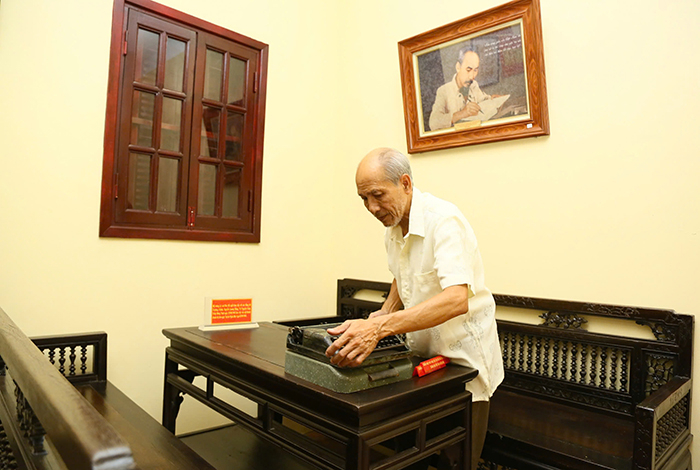
Comrade Hoang Tung himself did not know the identity of the old man. Later, when telling the Ho Chi Minh Museum, Mr. Hoang Tung said: "On the afternoon of August 23, I returned to my residence, which was the Safe Zone, and met more than 10 people eating. I saw an old man with a beard sitting next to Mr. Tran Dang Ninh... Mr. Tran Dang Ninh had been in prison with me before, although he had been elected to the Central Committee in Pac Bo, he had not been able to serve a single day before being arrested, and then escaped from prison. In Tan Trao, he was elected to the Central Committee again. I thought the old man who was taken by Mr. Tran Dang Ninh must have been even more important than the Central Committee. I heard his Nghe accent, so I guessed it was the old man."
According to Mr. Kha's story to his son, the old man was always busy, occasionally taking notes in a small notebook he carried with him. During his time here, the old man worked tirelessly from morning to night, mainly on the typewriter, with little time to rest, except when he sat listening to the comrades from Hanoi reporting.
During those historic days, although they did not know the old man's name, Mr. Dung's family still strictly followed the instructions to take the best care of him. Mr. Dung recounted his father's words: the old man stayed up late but woke up very early. On August 24 and 25, 1945, the house was frequently visited by guests. Only later did Mr. Kha learn that they were comrades from the Central Committee reporting on the situation. "Much later, when the Central Committee comrades visited the family, they recounted that during the days Uncle Ho was in Phu Gia, he thought about and mentioned the contents of the Declaration of Independence," Mr. Dung recounted.
Despite his busy schedule, during his 3 days in Phu Gia, Uncle Ho still called Mr. Kha to ask him questions. On the afternoon of August 25, before leaving, the old man called Mr. Kha again, inviting everyone in the family to come and meet. Mr. Kha called his grandfather Cong Van Truong, his mother, his brother and his sister back. The superior comrade warmly thanked the family for their help, wished the family good health and promised to visit again when he had the chance. On September 2, 1945, when attending the historic rally at Ba Dinh Square, Mr. Kha learned that the superior comrade who had returned to Phu Gia and was staying in his house was Nguyen Ai Quoc, the beloved Uncle Ho of the nation.
Uncle Ho's promise came true. The second time in 1946, when he arrived in Phu Thuong, Uncle Ho visited Mr. An's family again. Mr. Dung said that at that time, Uncle Ho did not see Mr. Cong Van Truong, Uncle Ho asked: "It seems like there is still an old man in our family". When the family brought Mr. Truong, Mr. Truong was moved and wanted to kneel down to pay respect to Uncle Ho. Seeing that, Uncle Ho quickly held Mr. Truong's hand up and said: "No, no! Now that the revolution has happened, we are all brothers, it is no longer like the feudal colonial regime before". During the conversation, Uncle Ho asked Mr. Truong: "The French are preparing to attack us, are you scared?". Mr. Truong replied: "Uncle, I see that the French have many tanks and planes, I wonder if we can defeat them?". Uncle Ho replied firmly: "We have gathered all the people, our people are united in fighting the enemy. We will definitely defeat the French".
Source: https://cand.com.vn/Phong-su-tu-lieu/bai-3-bac-da-ve-day-oi-thu-do--i778746/



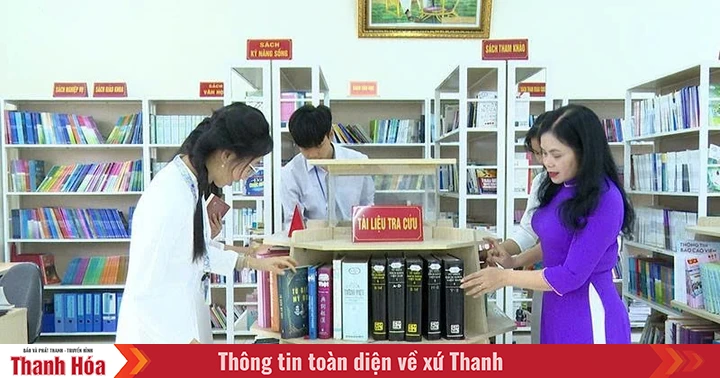
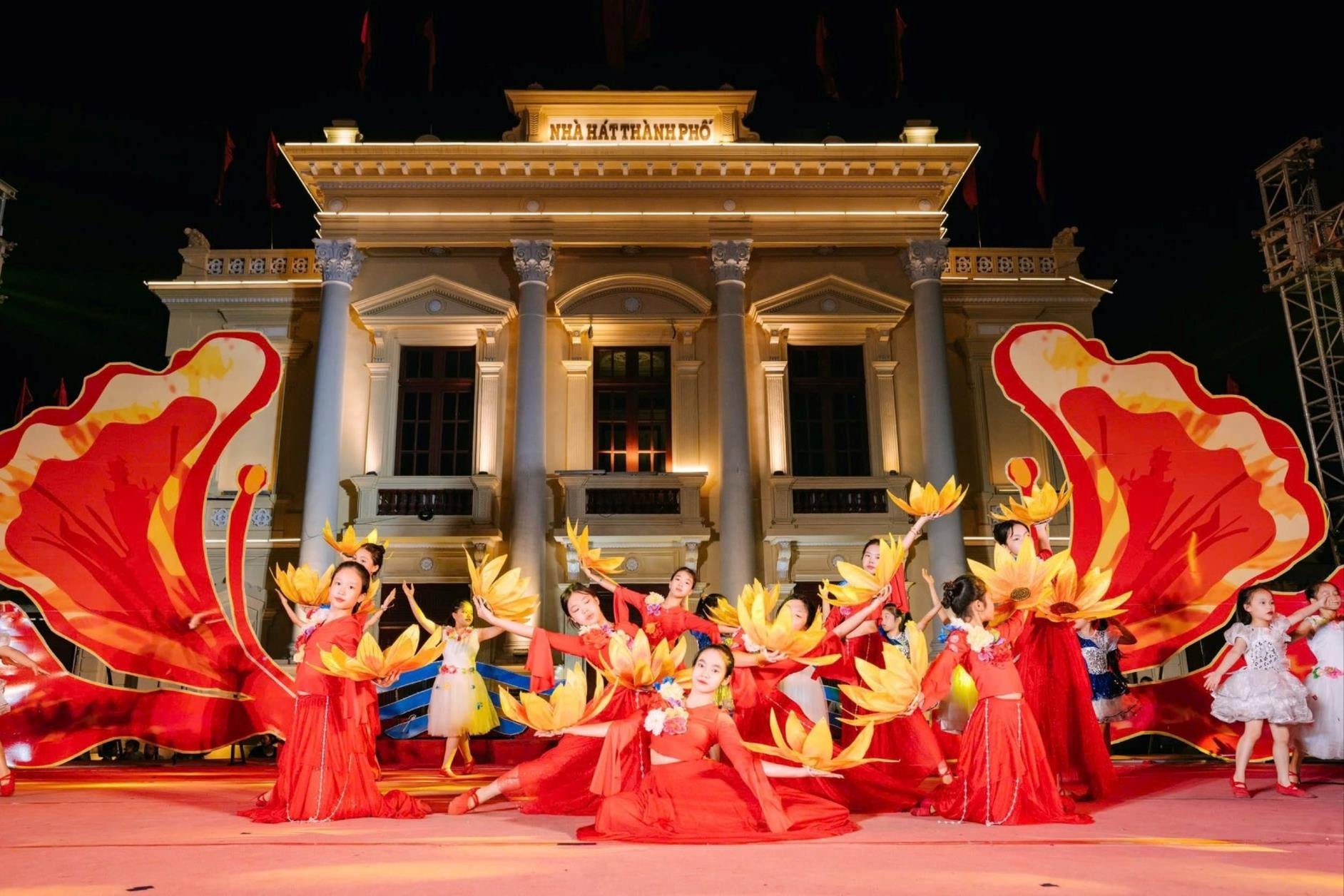
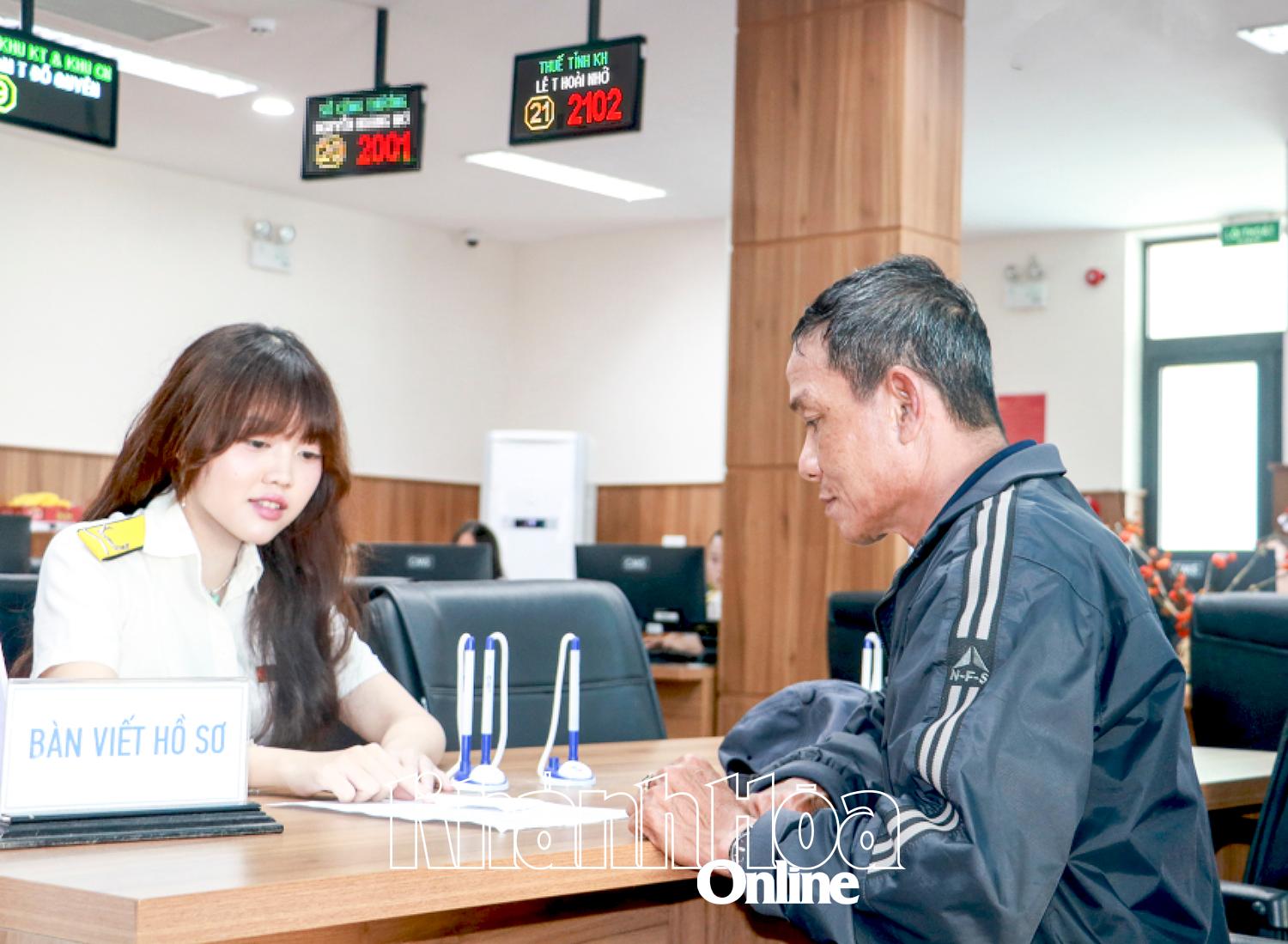
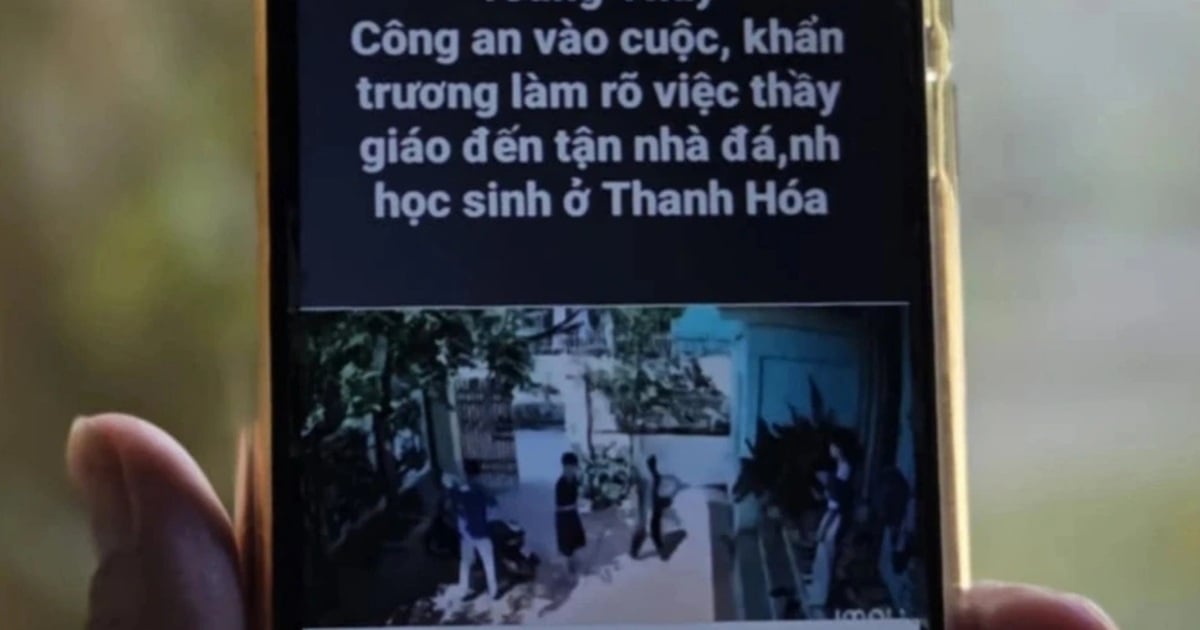

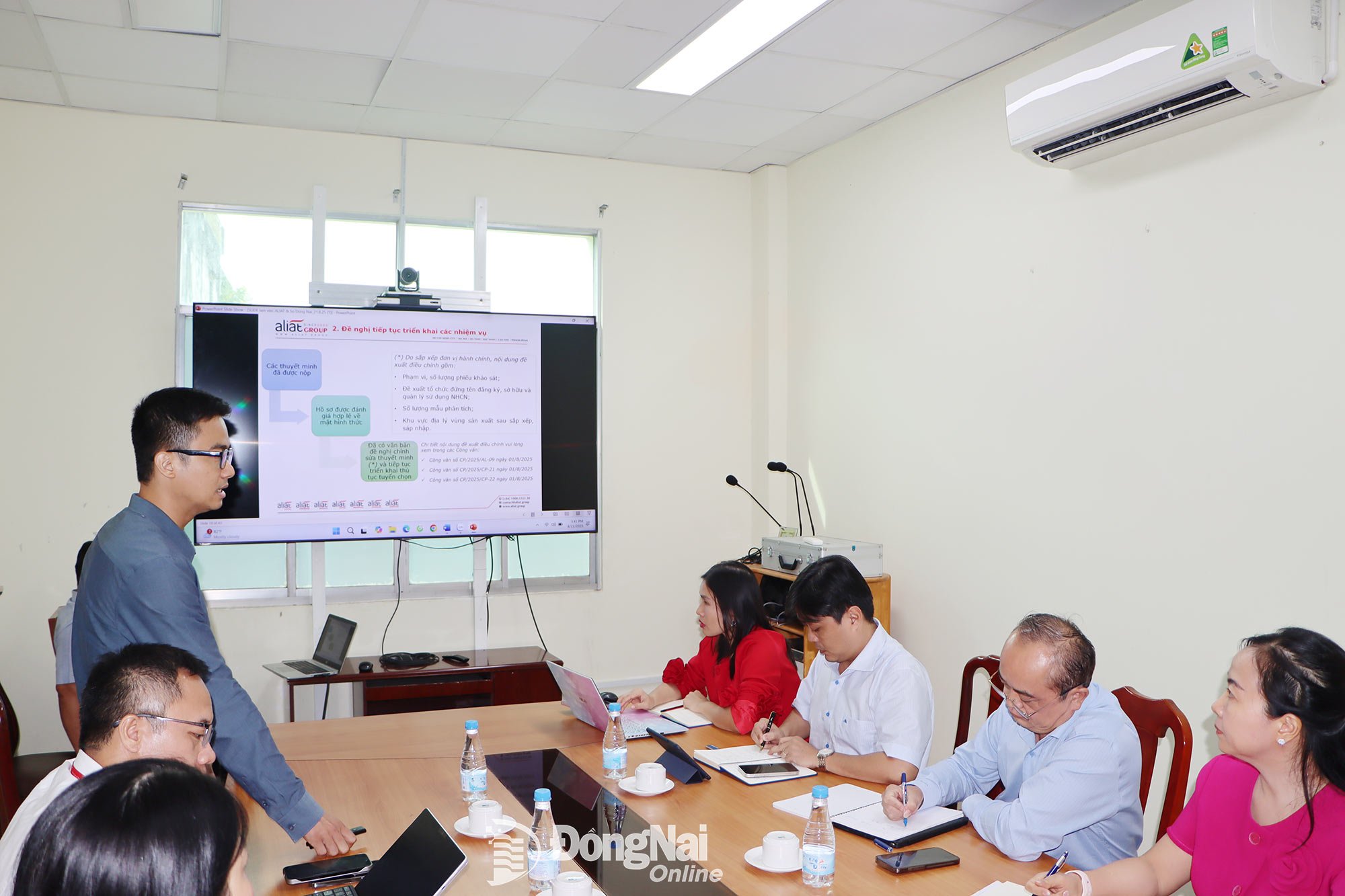
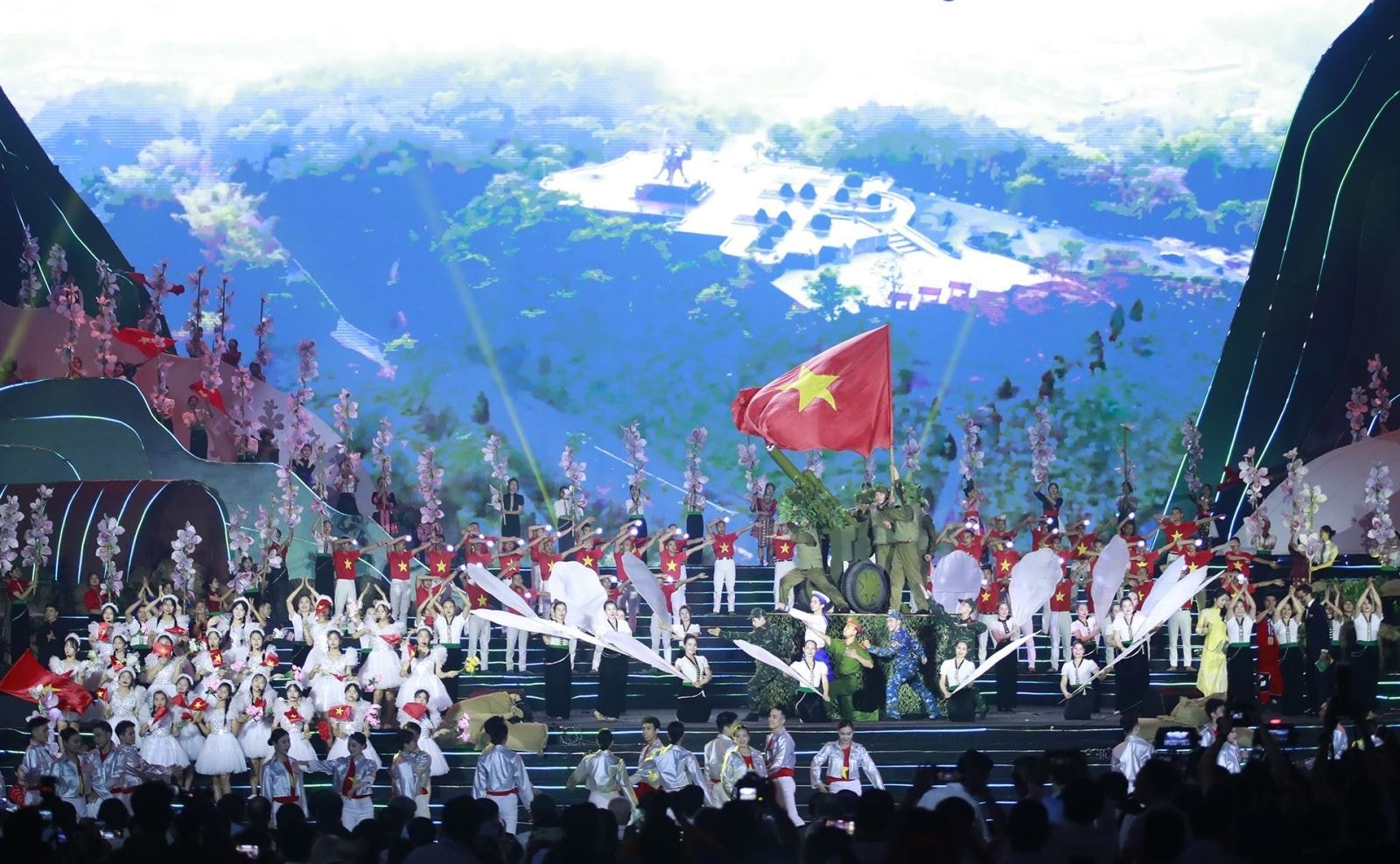
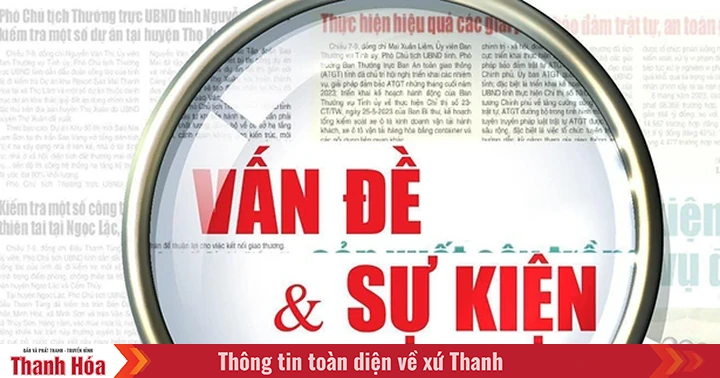
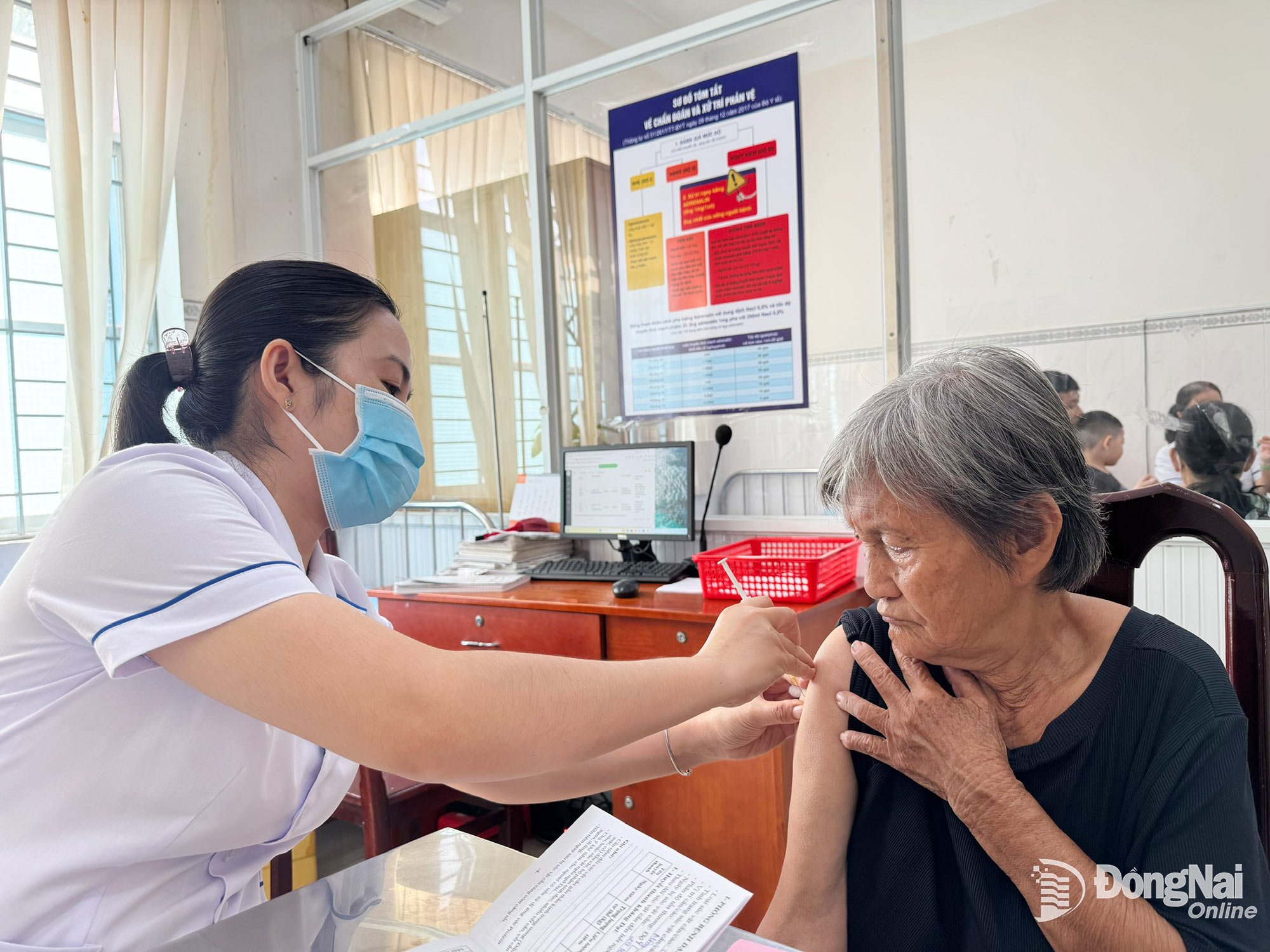
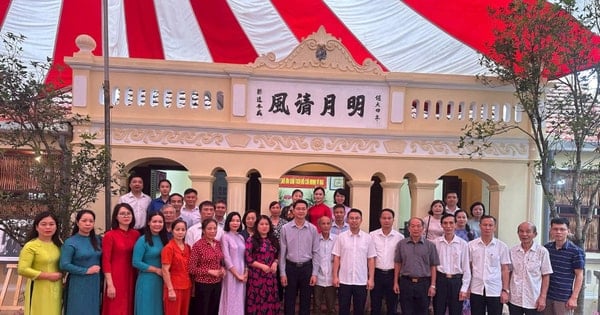










![[Photo] Politburo works with Standing Committees of Lang Son and Bac Ninh Provincial Party Committees](https://vstatic.vietnam.vn/vietnam/resource/IMAGE/2025/8/20/0666629afb39421d8e1bd8922a0537e6)


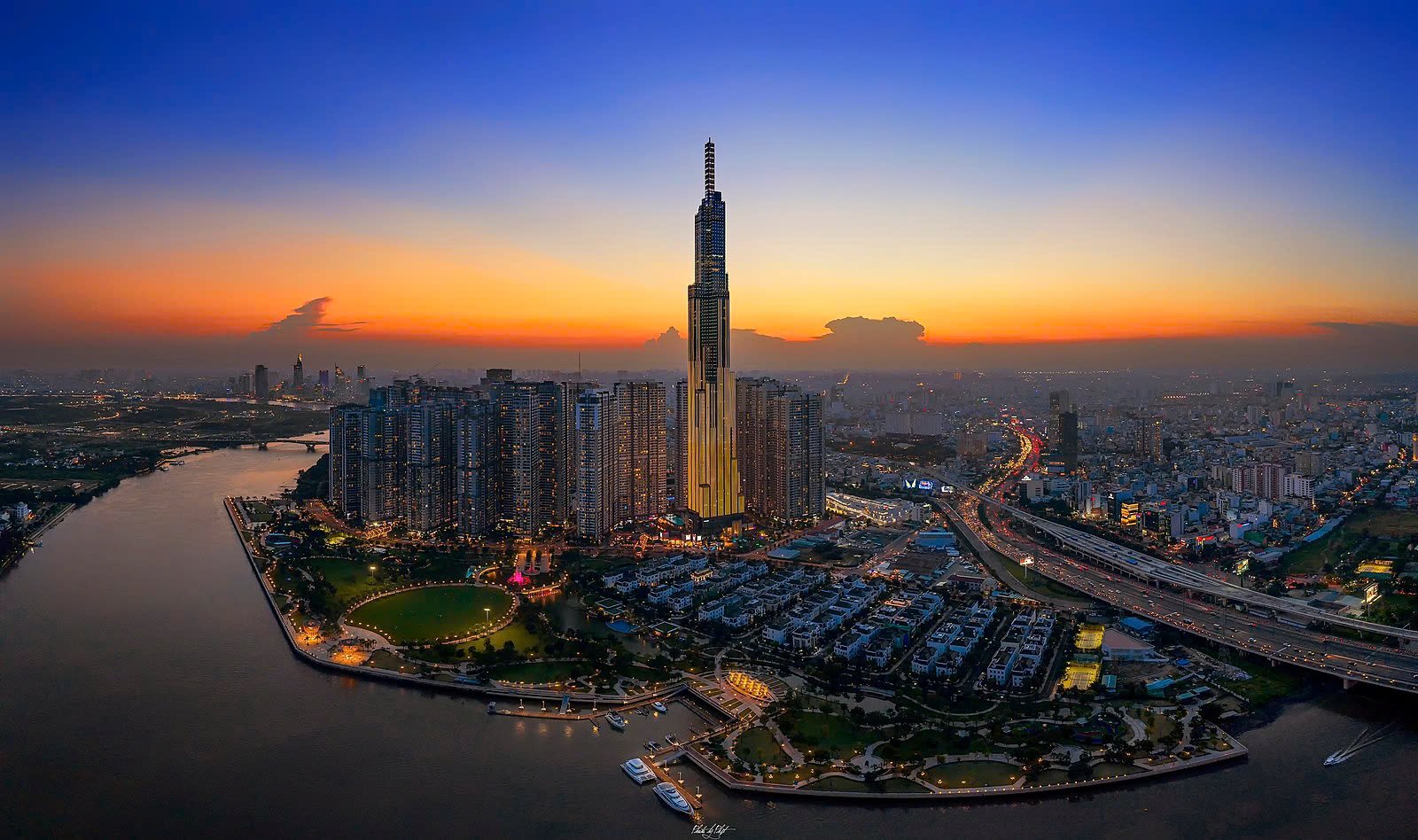


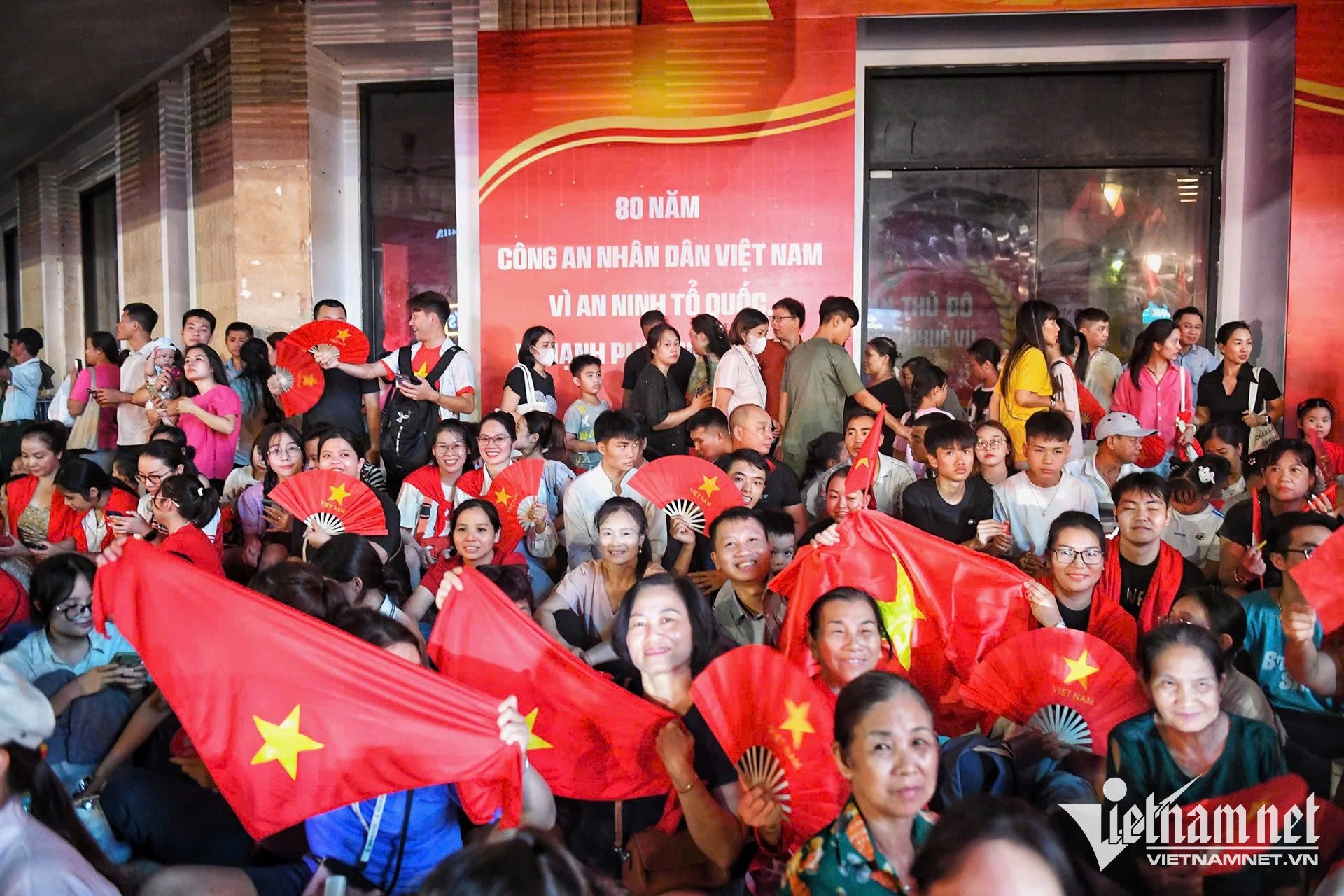

![[Photo] An Phu intersection project connecting Ho Chi Minh City-Long Thanh-Dau Giay expressway behind schedule](https://vstatic.vietnam.vn/vietnam/resource/IMAGE/2025/8/21/1ad80e9dd8944150bb72e6c49ecc7e08)






























![[Photo] Politburo works with the Standing Committee of Hanoi Party Committee and Ho Chi Minh City Party Committee](https://vstatic.vietnam.vn/vietnam/resource/IMAGE/2025/8/21/4f3460337a6045e7847d50d38704355d)

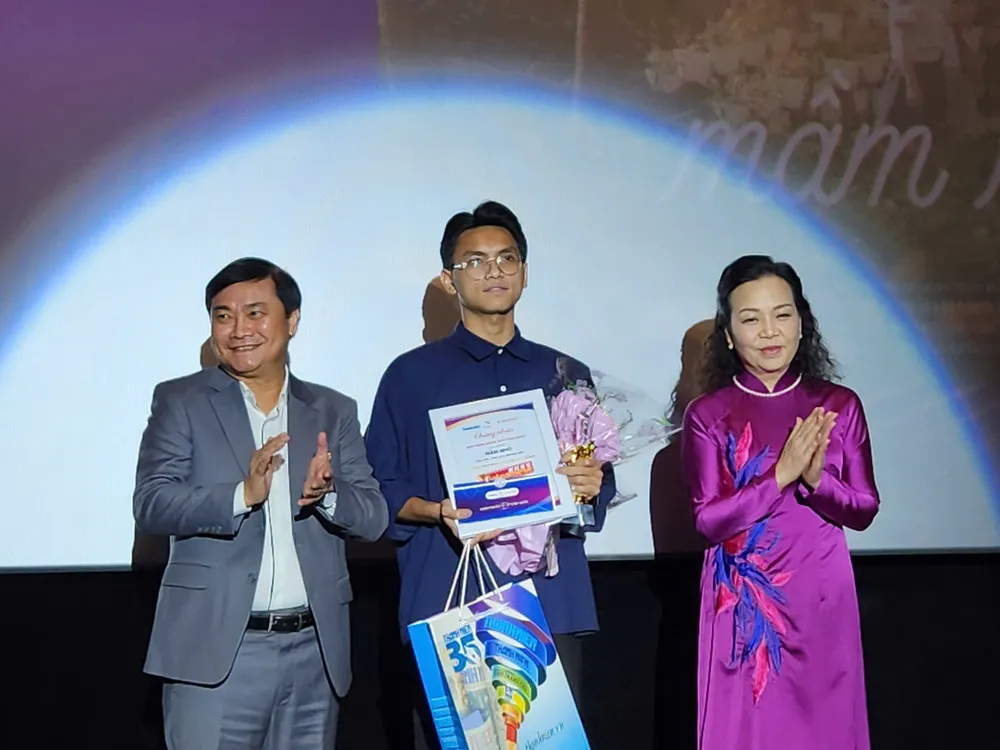
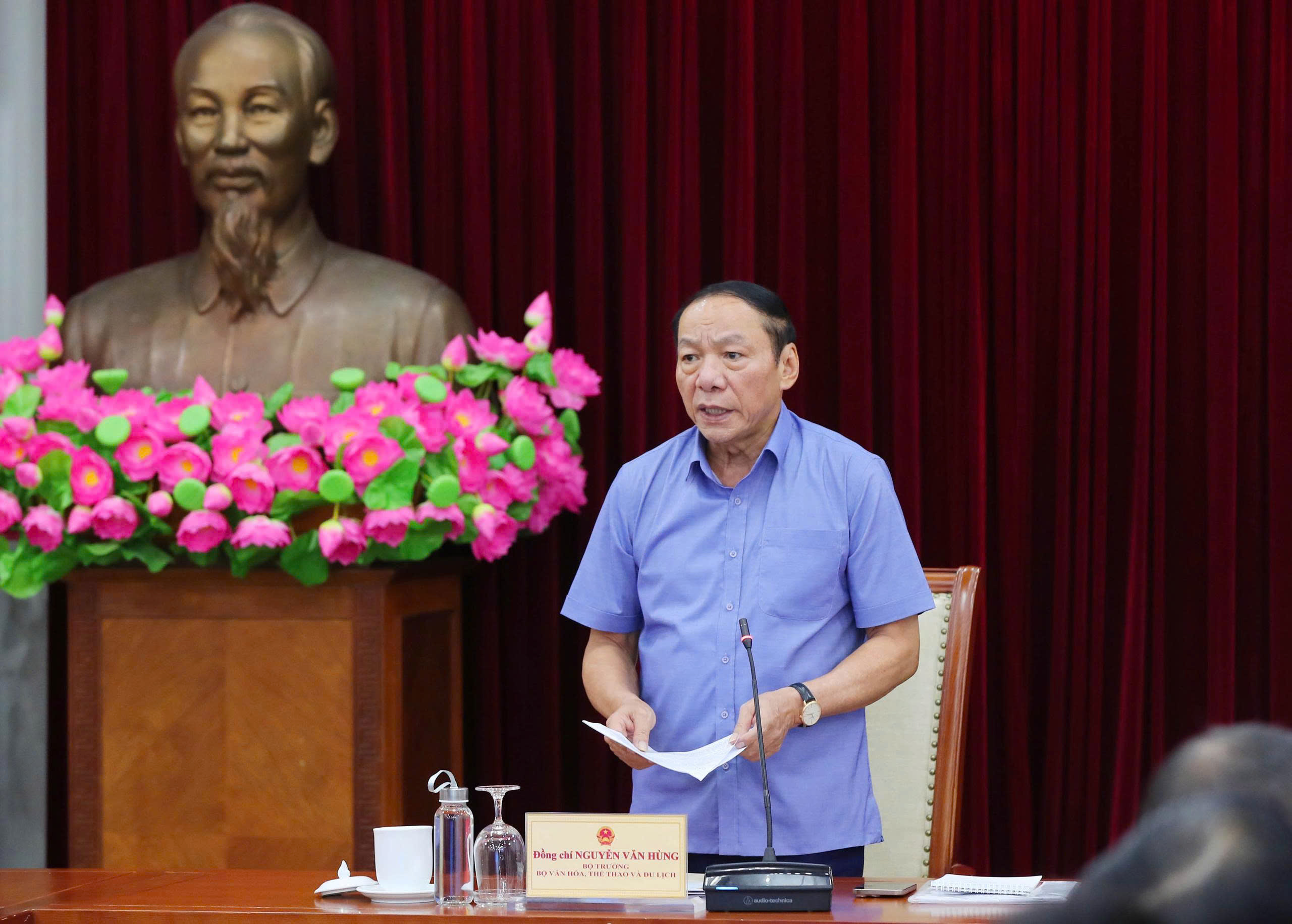
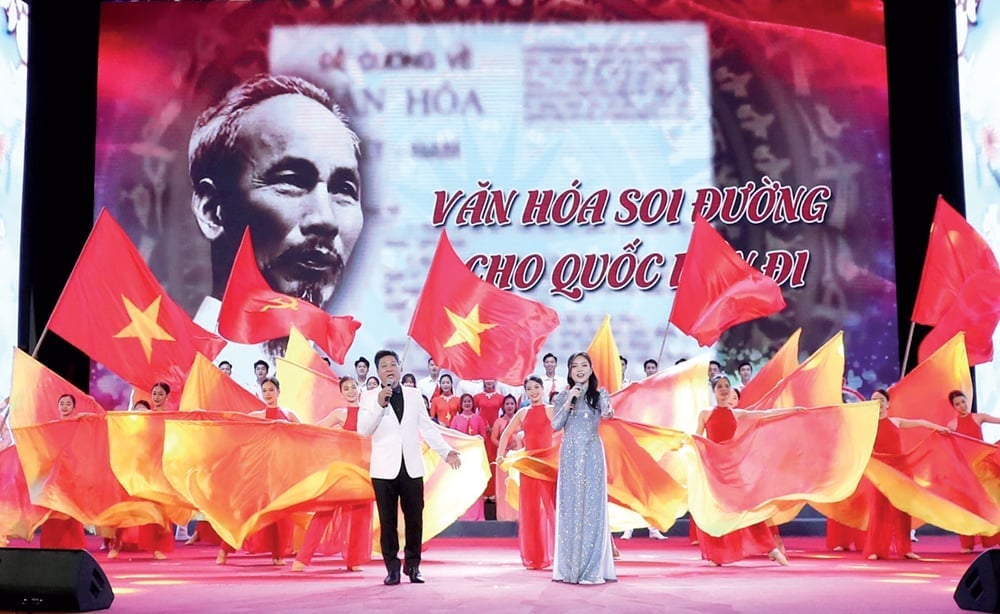
































Comment (0)